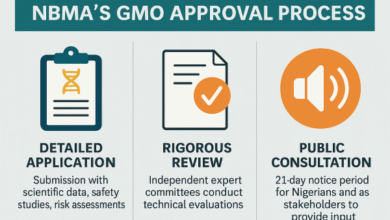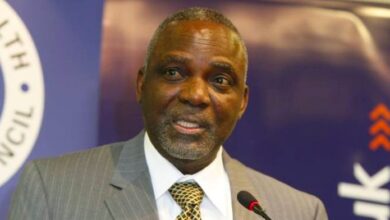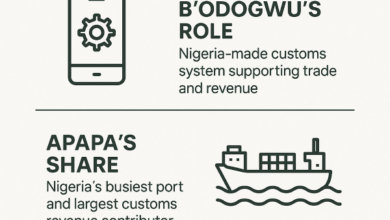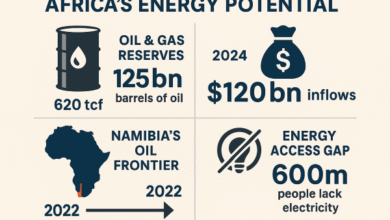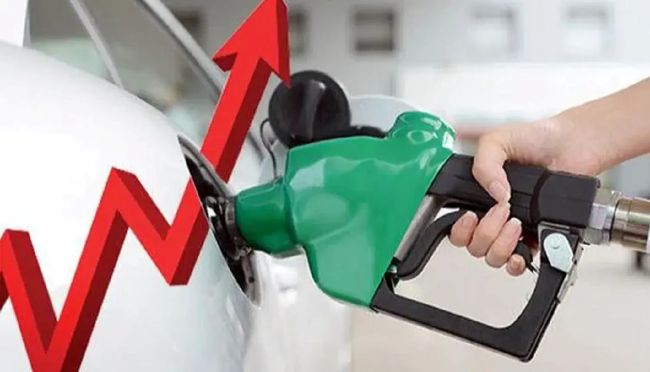
Nigeria’s volatile fuel pricing regime is once again under fire as motorists, traders, and civil servants across the Federal Capital Territory (FCT) decry the latest pump price hike — a move they say is crippling livelihoods and worsening economic hardship.
Effective June 23, NNPC Retail raised the official pump price of petrol from ₦895 to ₦945 per litre, with actual prices at the pump spiking to ₦955 in some Abuja stations. Independent marketers followed suit, adjusting prices by ₦45 to ₦60 depending on outlet and location, BRANDECONOMY has confirmed.
The upward review, which comes amidst sustained currency pressure and weak domestic refining capacity, has triggered a chain reaction: parked vehicles, higher transport fares, stranded commuters, and dwindling commercial activity — especially among gig economy workers and market traders.
Everyday Nigerians Bear the Brunt
The streets of Abuja told a familiar story: fuel queues thinning out, but commuter queues growing longer. A cross-section of affected Nigerians spoke with BRANDECONOMY on the implications of the latest fuel price surge:
“I own a car but can’t afford petrol anymore,” lamented Mohammed Isa, a civil servant.
“Commercial transport is now overcrowded, and fares have doubled. I get to work late — if I can go at all.”
For Mrs. Chioma Smith, another civil servant, the issue goes beyond mobility:
“Feeding is even harder now. Transport eats up what little salary we have, and prices in the market keep going up.”
From vegetable sellers in Wuse Market to e-hailing drivers working for Bolt and Uber, the frustrations are consistent — fewer passengers, more operating costs, and rising debt.
“I borrowed money to restock my goods,” said Alice Jones, a trader.
“But with prices so high, people aren’t buying. If these perish, I’m out of business.”
The Structural Weakness Behind the Hike
At the heart of the crisis is the complete deregulation of petrol pricing and the removal of fuel subsidies without a functional buffer system. With diesel, food, and rent costs already high, this fresh hike adds fuel to a raging fire.
“Marketers are responding to forex volatility,” said Alhaji Usman Ibrahim, a business owner.
“They buy petrol in dollars and must price for profit. But the system lacks balance — it’s the citizens that suffer.”
Nigeria’s reliance on petrol (PMS) as the dominant fuel for transportation has compounded the crisis. Although the Federal Government has launched a Compressed Natural Gas (CNG) Transition Plan, rollout remains slow, and public awareness is limited.
“CNG could be a game-changer,” noted Mrs. Chioma Nnemeka, a retired civil servant.
“But the government must make conversion affordable and invest in the infrastructure.”
A Call for Urgent Policy Action
Analysts warn that without stronger economic buffers — such as a functional CNG ecosystem, enhanced public transport networks, and swift implementation of the new minimum wage structure — Nigeria could witness deeper declines in productivity, school attendance, and food security.
Even taxi drivers like Lasisi Gbenga are rethinking their daily operations:
“If I raise my fare, I lose passengers. If I don’t, I make no profit. And I still have rent and school fees to pay.”
The sentiment is echoed by a Bolt driver, Uche Eze, who said:
“Nobody is booking rides anymore. Everyone is heading to the bus stop. I’m working at a loss.”
BRANDECONOMY INSIGHT
Fuel deregulation was meant to unlock market efficiencies and reduce government liabilities. But in the absence of strong safety nets, stable forex policy, and viable local refining, the burden has shifted to everyday Nigerians who are now shouldering the weight of reforms that haven’t matured.
The government must act urgently — not just with palliatives, but with long-term structural fixes to stabilise energy prices, stimulate transport alternatives, and protect vulnerable populations.
Until then, the fuel price crisis will continue to choke mobility, inflate costs, and erode economic resilience at the base of Nigeria’s social pyramid.






